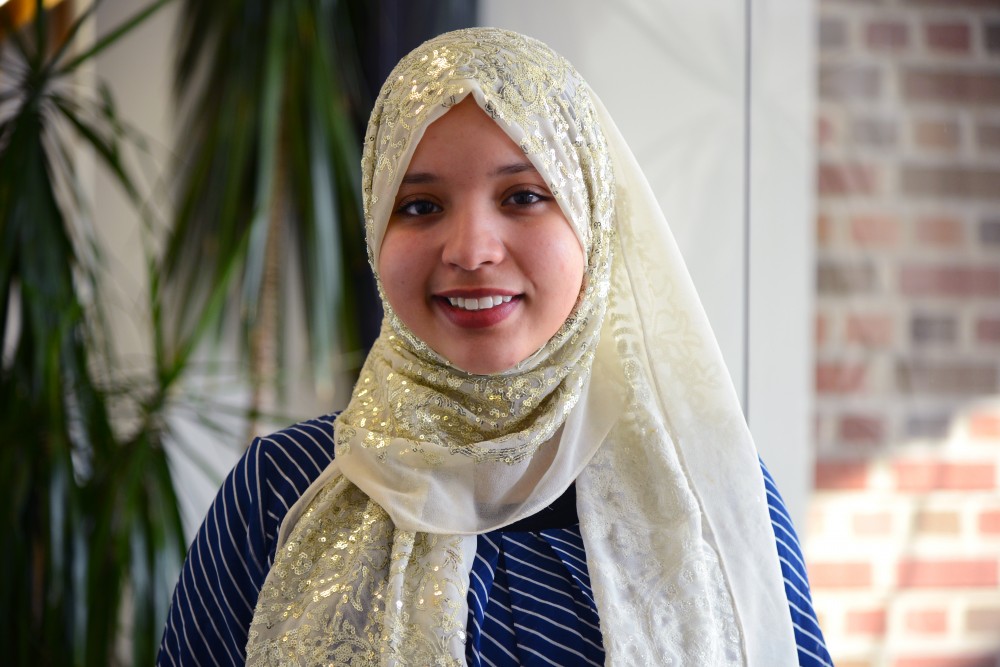Since transferring to the University of Minnesota this fall, Jordyn Schreiber has requested time off for religious activities twice without problems, despite making requests at short notice.
However, the necessity of requesting time-off for holidays not included in the academic calendar — which provides automatic days off for some Christian observances — leaves many students feeling uneasy.
The University’s policies let students and faculty request time off from classes and work for religious observances. The policies prefer students to ask for time off “as soon as possible,” though it’s not required.
“I really honestly don’t like [asking for time off] because I don’t like that type of attention being drawn toward me … it’s kind of like singling you out,” Schreiber said.
Imane Ait Daoud, a University senior and member of the Multifaith Student Council, received a $5,000 grant from the Interfaith Youth Core, which she is using to address the religious climate on campus.
“The University’s lacking … in addressing interfaith issues and accommodations,” Daoud said. “I think for many students it’s really hard to ask for a holiday off. Sometimes people just don’t and skip.”
Daoud will outline this year’s grant work goals in a Nov. 10 meeting, which she said will include student workshops to create a more dialogue about interfaith relations.
She said she is working towards creating an interfaith office on campus to address needs she feels have been overlooked when it comes to religious traditions.
“From my perspective as a Christian, we have a lot of privilege on this campus and a lot of campuses,” said Lauren Rheingans, the Wesley Foundation’s United Methodist minister appointed this August.
Rheingans said she thinks institutional policies should reflect a more diverse set of religious needs.
“I have never had to make a decision between … going to church on Christmas, and taking a final. That just doesn’t happen,” Rheingans said. “The reality is that a large population of the world is having to make those choices.”
Arjun Sharma, a junior at the University, said he thinks having to ask for religious accommodations can impact students’ mental health.
“Think about it being Christmas or Thanksgiving and you wake up on that day and nobody says anything about it … it’s just another day which has been a big part of your life, and now it’s something you suddenly have to adjust and acclimate to,” Sharma said.
The University’s academic year calendar is a product of the country’s Christian and Protestant history, said Jeanne H. Kilde, undergraduate director of the University’s religious studies program.
Being at a public University rather than a private university complicates on-campus discussions of religion, Kilde said, adding that religious accommodations will continue to develop as the country loses its Christian majority.
“It will be interesting to see where it goes,” she said.
Tina Marisam, director and Title IX coordinator at the University’s Office of Equal Opportunity and Affirmative Action, said she hopes the University’s religious accommodations policies make campus feel accepting for all people no matter their religious beliefs.
Marisam also said she recognizes it may be challenging for students to have to request time off.
“I think there’s … an interfaith dialogue that’s more than just acknowledging that other faiths exist, but actually being involved in initiatives together,” Rheingans said.








